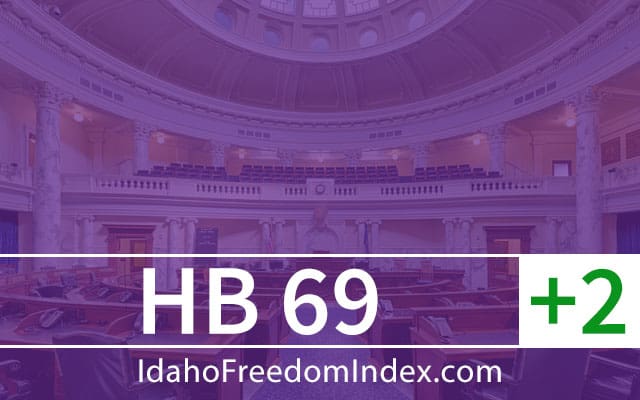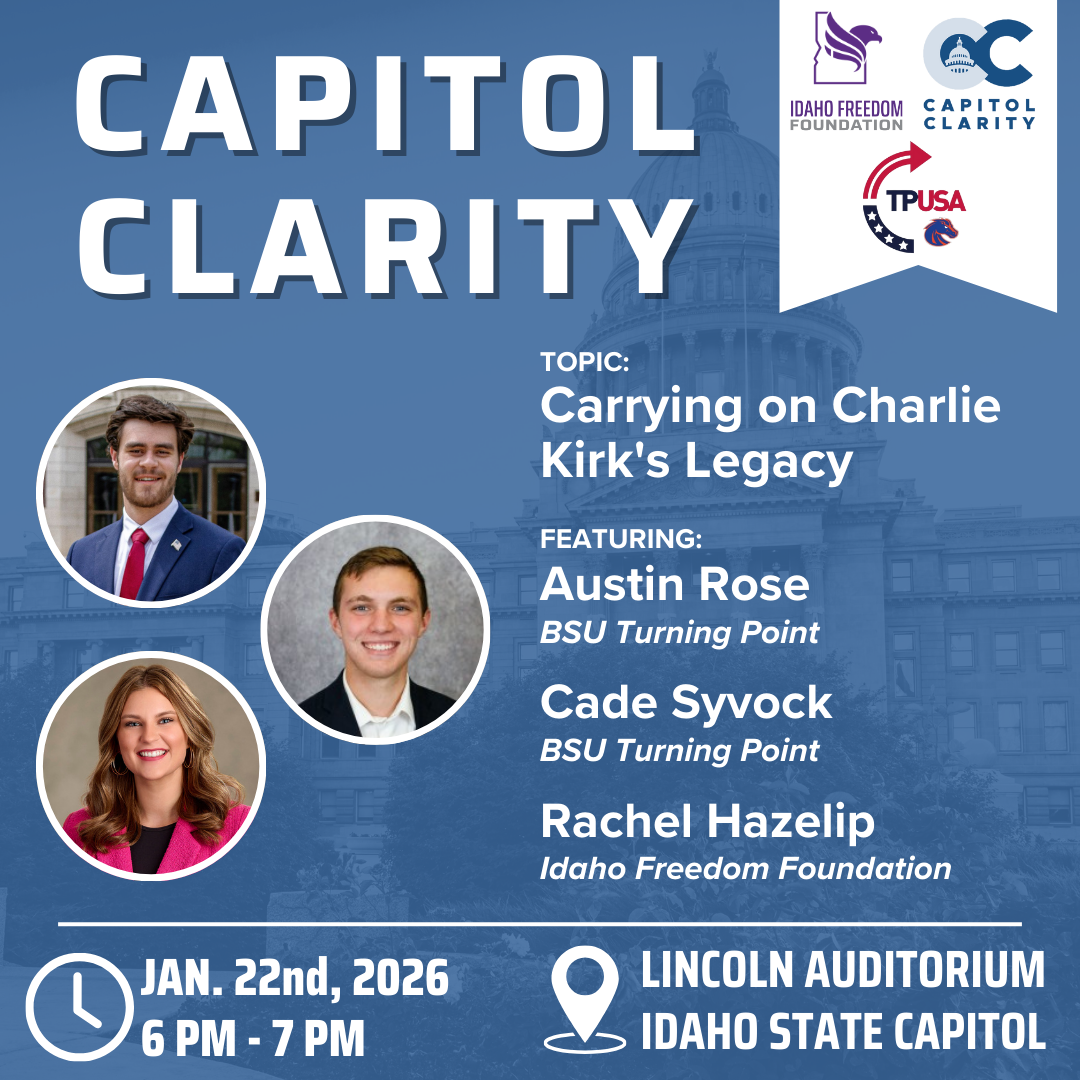


Bill description: HB 69 would prohibit private organizations from adding new employees to the public employee retirement system.
Rating: +2
Does it violate the principle of equal protection under the law? Examples include laws which discriminate or differentiate based on age, gender, or religion or which apply laws, regulations, rules, or penalties differently based on such characteristics. Conversely, does it restore or protect the principle of equal protection under the law?
For many decades, some private employers were able to join the Public Employee Retirement System of Idaho (PERSI). These eligible organizations consisted of “units of government of Idaho or organizations funded only by government or employee contributions or organizations that discharge governmental responsibilities or proprietary responsibilities that would otherwise be performed by government.” The effect of this regulation was to permit many private organizations whose primary goal is to lobby state officials to join the retirement system. Organizations such as the Idaho Association of Counties, the Association of Idaho Cities and the Idaho Education Association benefit from this policy.
In 2017, the Legislature passed a law which prohibited any new private employers from joining PERSI. But the organizations already in the retirement system were grandfathered into the current system and allowed to remain. HB 69 would prohibit the current private employers in the system from adding any new employees to it. This would ensure that those employees who have paid into the system do not lose the money they have contributed, even while slowly reducing the number of private employees who receive their benefits from the public system.
(+1)
Does it increase government redistribution of wealth? Examples include the use of tax policy or other incentives to reward specific interest groups, businesses, politicians, or government employees with special favors or perks; transfer payments; and hiring additional government employees. Conversely, does it decrease government redistribution of wealth?
HB 69 would put an end to the current policy, which benefits private special-interest groups at the expense of Idaho taxpayers. While the private employees and their employers do pay into the retirement system, taxpayers are ultimately liable for the retirement benefits these employees will receive. If the retirees take out more in benefits than anticipated or more than they paid into the system, the contributions of public employees could be cannibalized to fund the retirement of the private employees — or taxpayers could be required to foot the bill. This situation could occur if a period of low market returns must be offset with additional taxpayers funding because retirees receive defined-benefit benefits, which create fixed obligations.
HB 69 would put an end to this unfair policy.
(+1)


